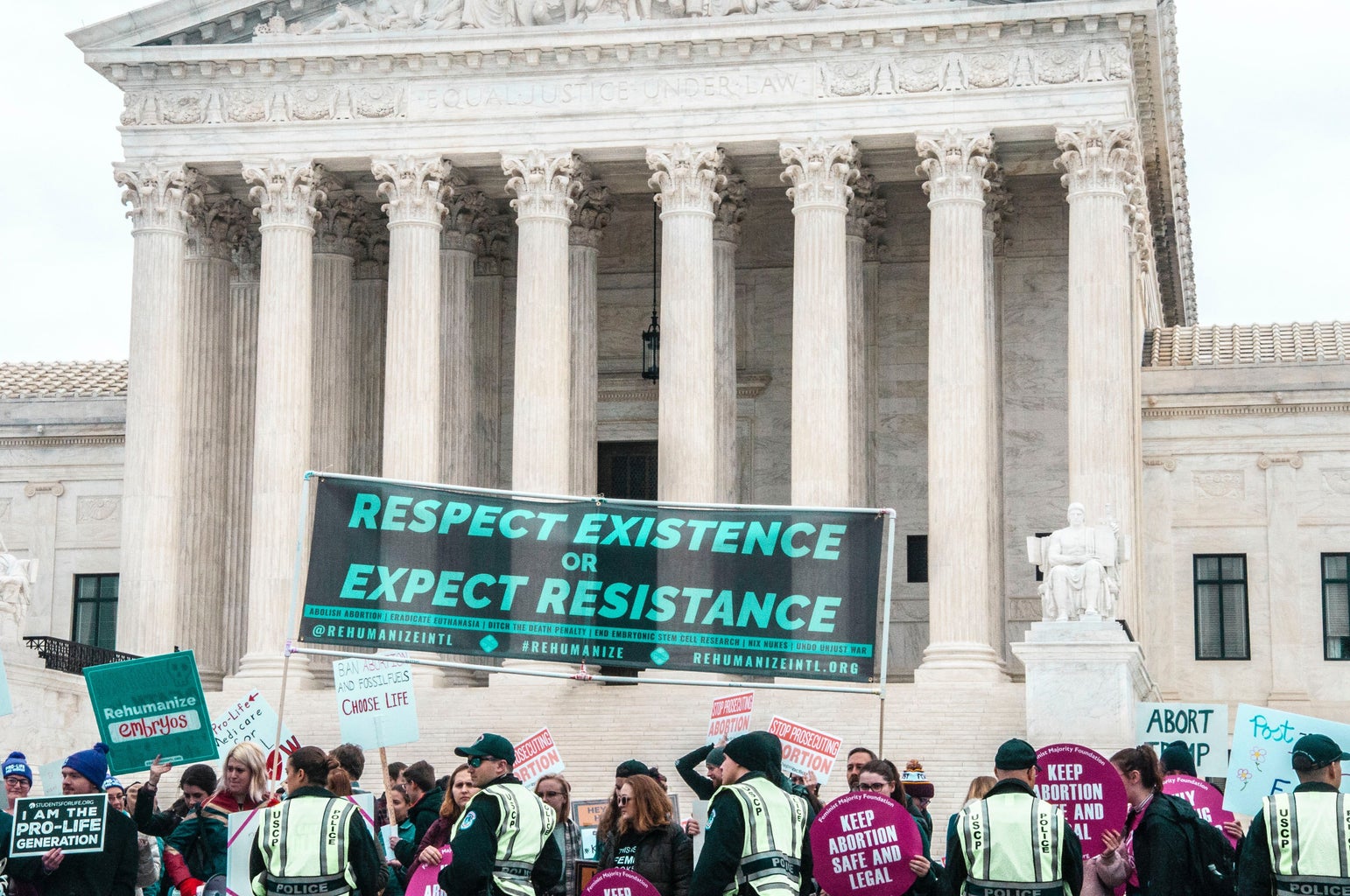Disclaimer: This article will discuss abortion access, reproductive rights and the “pro-life” movement
The bell rings, and class begins with the usual chatter, until we bring out the condoms.
In my volunteer work as a relationships and sexual health educator, it can be difficult to engage students in sex ed classes: awkward laughter often gives way to awkward silence. Yet, despite these moments, we take pride in the work we do because of its importance for young people, especially when it comes to having open and empowering conversations about contraception, safer sex and pregnancy. By opening this dialogue, we can give students the knowledge and tools they need to make informed decisions about their health, relationships and well-being.
In 2024, we are fortunate enough that we can point young people towards resources that provide information about emergency contraception (also known as plan B), as well as abortion services. Equally, staff and students at the University of Bristol and Bristol Student Union (SU) have worked hard to create an environment where people can easily and safely access comprehensive sexual and reproductive healthcare. But despite the progress we’ve made, we’re starting to see an increasing pushback in the form of the “pro-life” movement.
What is the “pro-life’ movement?
The “pro-life” (also known as the anti-choice or anti-abortion) movement, seeks to make abortion illegal and inaccessible to pregnant people on the basis that “all humans have the right to life”. The movement has gained significant popularity since the early 19th century, before which, abortion through herbal concoctions and medical procedures was common until the second trimester. From 1803, increasing regulation of physicians and women led to harsher penalties for abortions, with sentences ranging from life imprisonment to the death penalty. These punishments were reduced throughout the 20th century, culminating in the 1967 Abortion Act, which legalised abortion in the UK. Although public opinion and British law has largely supported the right to choose since this time, over the last five years, we have seen a rise in extreme pro-life rhetoric and laws, especially in the USA. Since the overturning of Roe vs. Wade in June 2022, 17 out of the 50 US states have now outlawed abortions at 6 weeks or earlier. Encouraged by these developments across the Atlantic, the anti-abortion movement in the UK is gaining traction once again.
Who are ‘students for life’?
Bristol Students For Life is a student society affiliated with the University of Bristol Student Union that describes itself as a “pro-life, pro-woman society”. In addition to holding events with pro-life speakers and attending anti-abortion events such as ‘March For Life UK’, the society claims to “discuss issues such as euthanasia, abortion, surrogacy, capital punishment, and much more”.
“The Students for Life Society (SFL) is a pro-life, pro-woman society focusing on opening conversation and fostering the pro-life philosophy…[that] seeks to protect the dignity of all human life from conception until natural death”
Students for Life – Bristol SU Page (Accessed Oct 2024)
Originally known as the “Pro-Life Feminist Society”, Students For Life has come under fire in recent years. An open letter from the Bristol intersectional feminist society in 2021 to the Bristol SU argued that the presence of Students For Life on campus may be triggering and detrimental to the wellbeing of many students. The letter was signed by over 500 students, and advocated for the removal of the society’s accreditation status, funding, and stall at the Bristol SU Welcome Fair. Additionally, many students took issue with the use of the term “feminist” in the group’s name as the society is rooted in the philosophy that the bodily autonomy of women should be restricted and controlled against their will, which is antithetical to the beliefs of many feminists. The society subsequently underwent a rebranding in 2022, though the SU has not taken any further action to remove the society from our campus.
Do “pro-Life” Groups have a place at bristol university?
Following their presence once again at UoB’s Welcome Fair in September 2024, the question remains: is there a place for pro-life groups on our campus?
Students for Life claim to welcome people from both pro-life and pro-choice backgrounds to promote understanding and exchange of ideas. While intellectual debate is something that most universities should encourage, student groups should be aware that debating topics pertaining to human rights issues is not merely an academic exercise. The existence of events debating the rights of our students, especially rights concerning something as personal as reproductive health, can understandably take a very real emotional and mental toll. The right to free speech is undoubtedly an important one, however, this should not supersede the well-being of students and their right to exist safely on campus.
Moreover, we should be concerned where any student groups disseminate misleading information, especially concerning the provision of abortion and reproductive healthcare. For example, in an Instagram post promoting a letter-writing event, Students For Life claimed that a proposed amendment to the British Criminal Justice Act would “completely legalise abortion after 24 weeks”. In actuality, the motion put forward by Diane Johnson MP would ensure that no pregnant person could be given a prison sentence for seeking to end their pregnancy. While this bill would protect women like Carla Foster from serving jail time for procuring abortions at any point in their pregnancy, it would not change any laws regulating the provision of abortion services, including the current gestational limit (24 weeks) and requirement for two doctors’ approval. By leaving out this essential context, pro-life groups risk misleading students about the aims of those attempting to reduce stigma around abortion. This is particularly concerning for a university-approved society, as academia is rooted in discussions that develop from analysis of comprehensive and accurate information. Knowledge is powerful, and all student groups should strive to provide students with all the facts so that they can make informed decisions.
So, do “pro-life groups have a place on our campus? Perhaps the answer isn’t so clear cut. Ultimately, conversations around abortion demand sensitivity and commitment to factual accuracy, especially considering their impact on students’ well-being. Most importantly, ALL student groups should uphold this, regardless of which side of the debate they fall on. Because, whether it’s in a sex ed classroom or on campus, education is the most powerful tool we can use to empower people to listen, learn and make their own choices about their health.
If any of the issues in this article have affected you or a loved one, you can access support, advice and further information at: AbortionTalk, Brook, Unity Bristol, UoB Student Wellbeing Services, Mind



